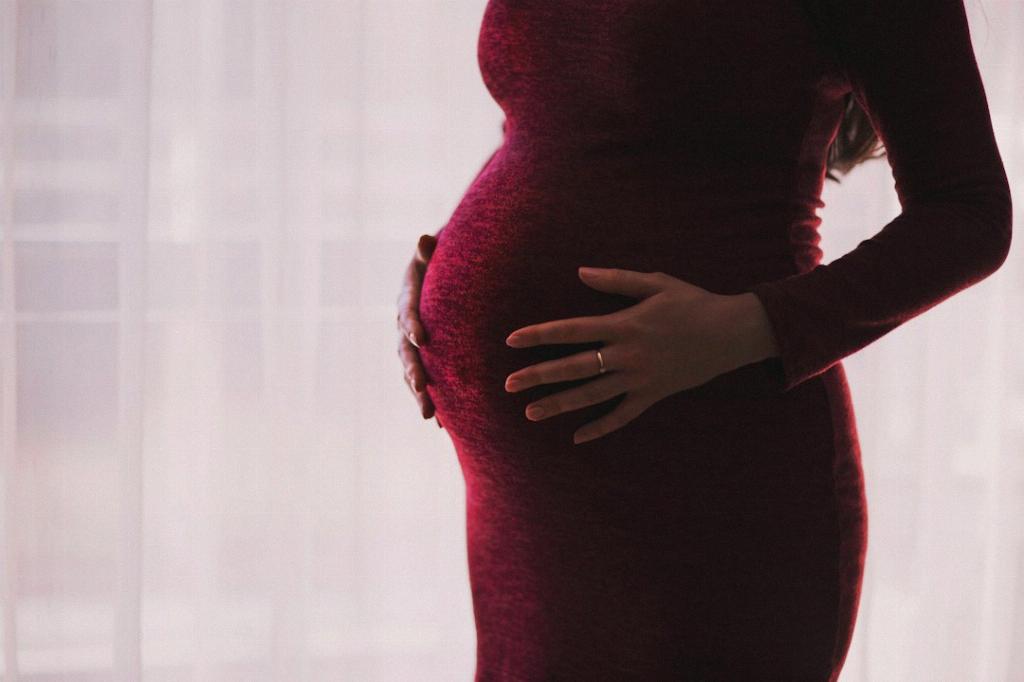Preeclampsia is a serious condition that can affect pregnant women, typically occurring after the 20th week of pregnancy. It is characterized by high blood pressure and signs of damage to other organ systems, most commonly the liver and kidneys. One of the more severe complications of preeclampsia is eclampsia, which involves seizures or convulsions.
Signs and Symptoms of Eclampsia
Eclampsia can lead to various symptoms, including muscle stiffness, convulsions, and jerky movements. In some cases, mothers may experience a locking of the jaw during a seizure, which can be a terrifying experience for both the mother and those around her. The unpredictable nature of seizures can pose a serious risk to the mother’s health and well-being.
The Link Between Eclampsia and Jaw Pain
While jaw pain is not a direct symptom of preeclampsia, it can be indirectly associated with eclampsia, a complication of preeclampsia. During a seizure, the muscles in the body, including those in the jaw, may stiffen and spasm, leading to pain and discomfort. This jaw pain is a result of the muscle contractions and movements that occur during a seizure episode.
Risk Factors and Complications
Preeclampsia and eclampsia can have serious consequences for both the mother and the baby. If not promptly treated, eclampsia can lead to life-threatening complications such as strokes, organ damage, and even death. It is crucial for pregnant women to receive regular prenatal care to monitor and manage their blood pressure and overall health.
Managing Eclampsia and Seizures
If a pregnant woman experiences symptoms of preeclampsia or eclampsia, it is essential to seek immediate medical attention. Seizures can be managed with medications to control blood pressure and prevent further complications. The healthcare team will closely monitor the mother and baby to ensure the best possible outcome for both.
Preventing and Reducing the Risk of Eclampsia
While preeclampsia and eclampsia cannot always be prevented, there are steps that pregnant women can take to reduce their risk. These include attending regular prenatal appointments, maintaining a healthy diet, staying active, and managing any underlying health conditions. Early detection and proper management are key to minimizing the risk of complications.
Support and Resources for Pregnant Women
Dealing with the challenges of preeclampsia and eclampsia can be overwhelming for pregnant women and their families. It is essential to seek support from healthcare providers, family members, and support groups to cope with the physical and emotional toll of these conditions. Open communication and access to resources can make a significant difference in the pregnancy journey.
Conclusion
In conclusion, while jaw pain is not a direct symptom of preeclampsia, it can be associated with eclampsia, a severe complication of the condition. Seizures during eclampsia can lead to muscle stiffness and spasms, including in the jaw, causing pain and discomfort. It is crucial for pregnant women to be aware of the signs and symptoms of preeclampsia and seek prompt medical attention if needed to ensure a safe and healthy pregnancy.

